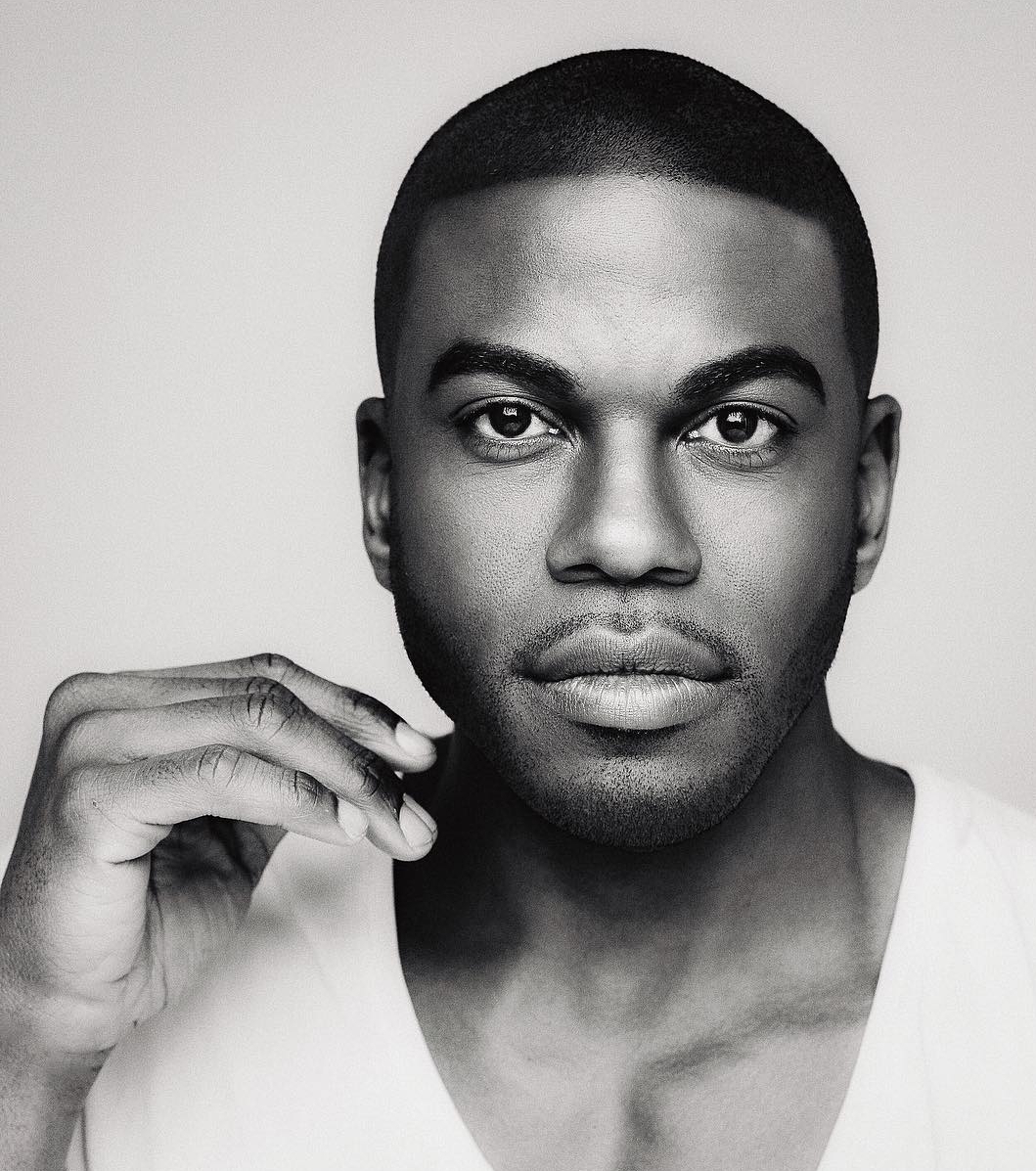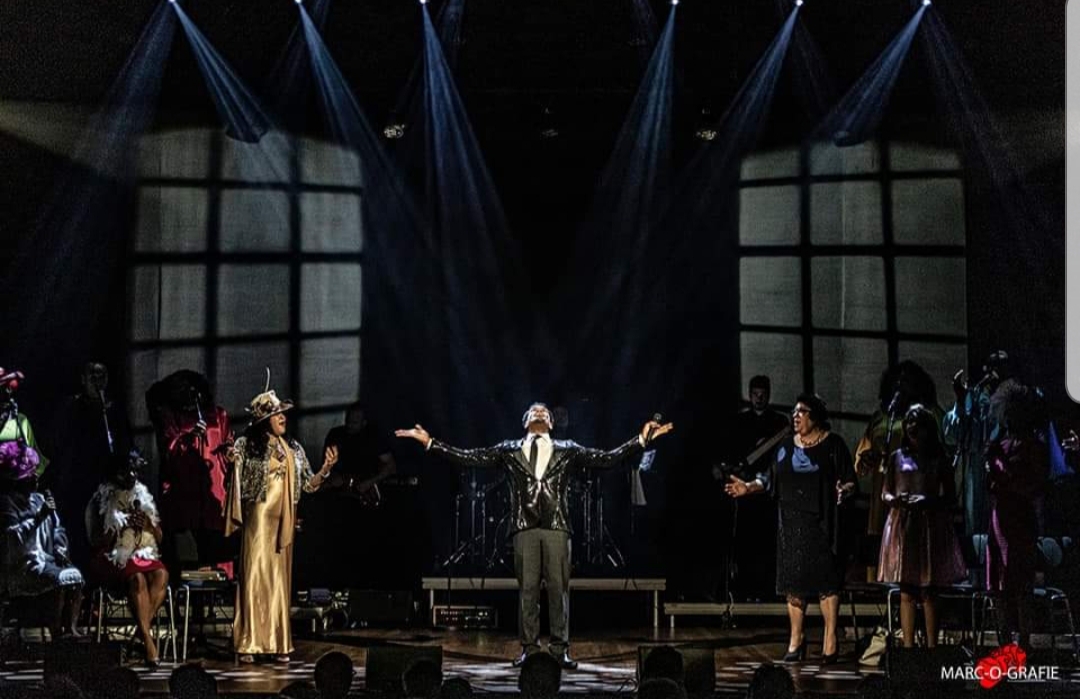Where is the true home: Brandon Delagraentiss on life as an African American in Europe
Black American migration to Europe brought lots of new talent, knowledge and perspectives that had left a lasting impact on local cultures and shaped the course of European history.
When the Soviet Union engaged in rapid industrialization during 1930s, African Americans were among the foreign specialists who were invited to bring in their expertise. A decade later, Josephine Baker, a star performer turned political activist, helped her adopted home, France, in fight against the Nazi regime. In 1980s, Audrey Lorde played influential role in the Afro-German movement which created a narrative to describe the Black German experience.

In fact, to this day, many Black and mixed-race people in Europe searching for ideas about their personal identity often use the African American culture as their first point of reference.
So, how does the cultural exchange between African Americans and Europe look today?
In this interview we bring you an account from the field of performing arts.
Brandon Delagraentiss, an actor and singer from Houston, Texas, has moved to Europe 14 years ago. We talked about what intrigued him about coming here, his journey on European cultural scene and perspective on Black experience in Europe.
Could you tell us a bit about yourself and your professional background?
My name is Brandon Delagraentiss. I’m originally from Houston, Texas. I’m the oldest of 7 children to Dr. Machéo Boulding-Delagraentiss (pastor/psychotherapist) and Lucy Delagraentiss (retired nurse/writer). While I’ve done a lot of things in my professional career, I’m mostly known as an Actor, Singer, Host & Coach.
When did you first start thinking about Europe as about a place you’d like to visit?
When I was a kid, the public library was our friend. So we’d often go to our neighborhood library and spend hours reading (and looking at pictures) of far-away places; many of which were in Europe. When I was in middle-school and received a trial German lesson, I thought it was an ugly language. But ironically, Germany ended up being the first place I visited in Europe! The imagination is a powerful thing.

Which European country did you visit first and what was your professional journey like since?
Yes, I first visited Germany (and ended up moving there in December 2005). But at the end of my singing contract I decided to take a chance on the Netherlands and I’ve been here ever since. While in Germany, my career highlight was performing at the (soccer) World Cup. But since moving to the Netherlands, my journey has involved more television performances, acting and a lot of coaching (other artists). I love being a part of the creative process, in whichever role I’m needed. The only real challenge has been that if you’re not just focused on one thing, people can neglect to see you as any one thing in particular. In any case, I’m happy, I’m thankful and I’m here.
Could you talk about the projects you’ve done in Europe that you are particularly proud of?
What a great question, thanks so much! I am especially proud of the projects that have my name in them or that I’ve been Blessed to create myself.
I created a concert tour called, “Brandon Delagraentiss & the Gospel Experience “. Therein, I sing and play my story using the backdrop of traditional and contemporary gospel music. I also developed a workshop tour called the “#AmericanGospelWorshop“. With my workshop tour, I’ve been Blessed to travel to Kenya, Paris, Spain, London, within the Netherlands and more. It’s also special to me that I’ve written and recorded all of my seven original singles in Europe. I enjoy all the work I do that has anything to do with art, but there’s something special about creating something yourself.
Comparing the European and American lifestyle, is there anything that you wish you had in the US?
I like a lot of the social systems here in Europe. I like that everyone here has medical insurance. I like that my insurance covers everything from a doctor’s visit to a necessary surgery for the same set price. I like that the possibility of a mass-shooting here is unlikely because of the gun policy.
I think that these are social policies the U.S. could benefit from.
And the other way around – what do you miss as an American living in Europe?
I don’t particularly miss anything as an American living in Europe other than my family.
How do you see the social status of Black minority groups in Europe?
What’s interesting is that I notice a real difference between the social awareness of melanated Europeans before and after March 2020. It’s like when (black) people here saw all the demonstrations around the world, they were awakened as from a deep sleep. ‘In eens’ (as they say in Dutch)- all of a sudden people began speaking out (collectively) about the things that troubled then here culturally. And people started listening too. In eens, there were lots of melanated people featured in mainstream media (doing regular things), as if mainstream society had just discovered that inclusion/diversity were possible.
Where do you feel at home now?
Now I feel most at home in my own skin. I turned 45 on July 1st, the day Surinamese descendants celebrate their freedom/independence. I’ve lived long enough to not be more connected to the uniqueness of Europe or more connected to the comfort of my native America. I’ve lived long enough to learn to be/feel at home in me- my skin, my talent, my sensuality, my spirituality, and Yahweh’s divinity.


